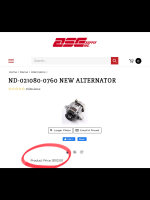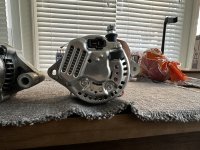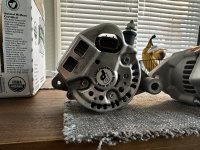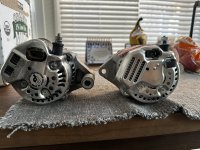wcalvert
Well Known Member
300+ hours on a modified NAPA GOLD14684N with internal modification from Kitplanes article.
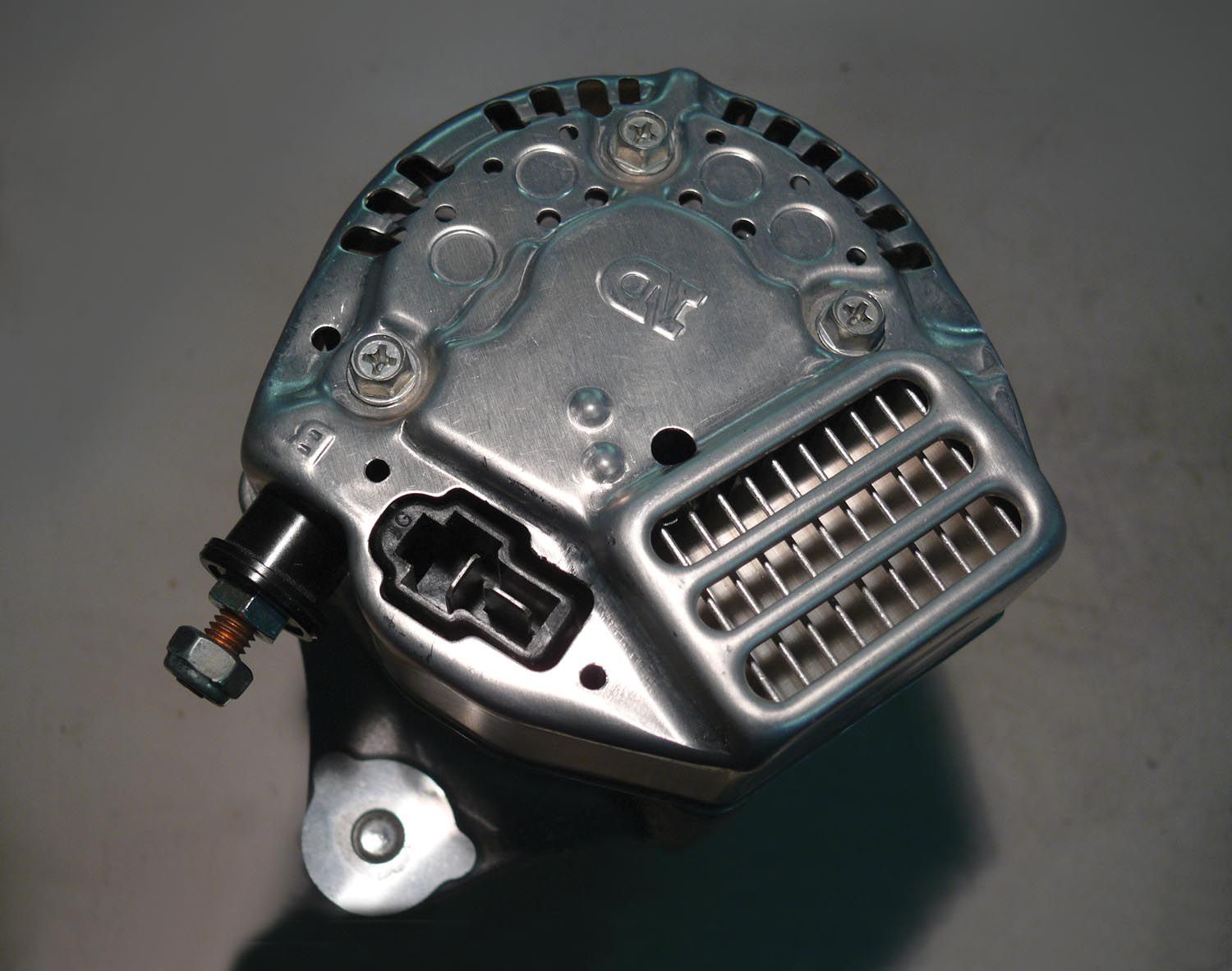
 www.kitplanes.com
www.kitplanes.com
Alternator now (new from NAPA) is $145 plus about 2 hours of mods. Mod is reversible and would take about 30 minutes to swap into a new alternator with a screwdriver. Get a replacement at an auto parts store anywhere you'll ever fly. This would be called the "experimental" route.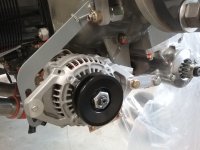 Or pay more $ somewhere else.
Or pay more $ somewhere else.

Alternator Mods Without Major Surgery - KITPLANES
Another way to modify a Nippondenso alternator for use with an external voltage regulator.
 www.kitplanes.com
www.kitplanes.com
Alternator now (new from NAPA) is $145 plus about 2 hours of mods. Mod is reversible and would take about 30 minutes to swap into a new alternator with a screwdriver. Get a replacement at an auto parts store anywhere you'll ever fly. This would be called the "experimental" route.
 Or pay more $ somewhere else.
Or pay more $ somewhere else.


